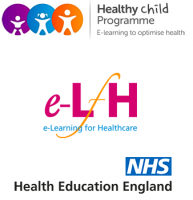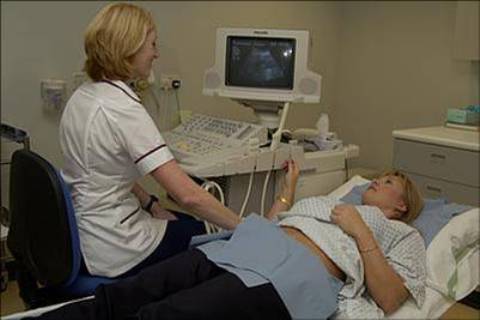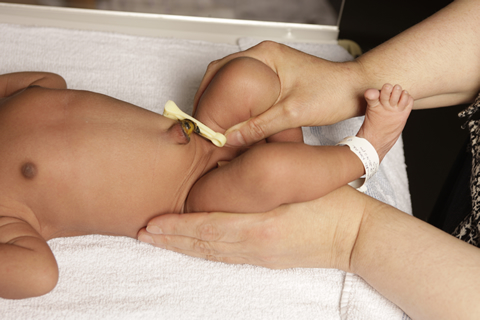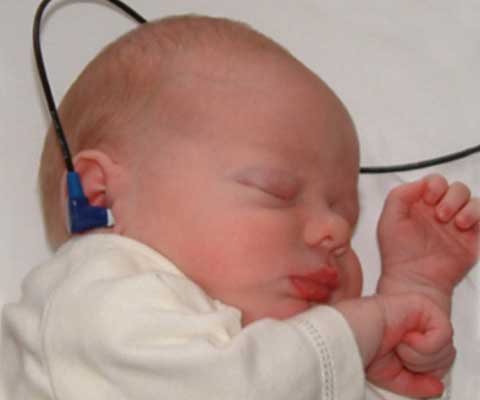Screening Programmes Part 2: Antenatal and Newborn through to Pre-school course for General Practitioners



This session describes and discusses the NHS Fetal Anomaly Screening Programme, the NHS Newborn and Infant Physical Examination Programme, the NHS Newborn Hearing Screening Programme and Pre-school screening tests.
Learning objectives
By the end of this session you will be able to:
- Describe the appropriate care pathway for each of the screening programmes, including the optimum times for testing
- Describe the basic aetiology of the conditions being screened for
- Discuss the rationale behind each of the screening programmes
- Identify the possible screening outcomes for each condition
By working through this session you will gain an understanding of the:
- Rationale behind the screening programmes
- Optimum timing and type of test
- Appropriate screening process and pathway
Before commencing this session you should complete the following HCP session:
- 11_01 Overview and Principles of Screening (402-0070)
Jo Harcombe [MA, BA (Hons), DPSM, RM, RN] is currently the National Education Lead to the UK NSC screening programmes (England). This role covers the non-cancer screening programmes for England and ensures delivery of a cross-programme, multidisciplinary education strategy that supports NHS staff, commissioners and education institutes. Jo chairs several groups across the UK NSC and is a representative for the UK NSC across several organisations and stakeholder groups.
Prior to commencing this role Jo worked as a clinical midwife and senior lecturer in midwifery and women’s health and led several education projects related to clinical governance/risk management. Jo started working for the UK NSC in 2001 as a Regional Screening Coordinator for the North East region, and took on the education remit in 2002 part-time and full-time in 2004.
Jo’s Masters Degree is in Educational Leadership and her dissertation explored the use of ‘distributed leadership’ in the NHS as a means of securing sustainable professional education for screening.

- Testosterone Deficiency and Male Hypogonadism cour...
- Posted By eIntegrity Healthcare e-Learning
- Posted Date: 2024-04-25
- Location:Online
- Many men experience a gradual decline in bioavailable testosterone with age. It is associated with o...
- Diagnosis and Management of Gout course for GPs
- Posted By eIntegrity Healthcare e-Learning
- Posted Date: 2024-04-25
- Location:Online
- This session covers the diagnosis and management of gout, and how to differentiate gout from other a...
- Pituitary Problems in Primary Care (including Hype...
- Posted By eIntegrity Healthcare e-Learning
- Posted Date: 2024-04-25
- Location:Online
- The session looks at the pituitary gland and associated disorders. Prolactinomas and associated symp...
- Secondary Endocrine Causes Of Hypertension course ...
- Posted By eIntegrity Healthcare e-Learning
- Posted Date: 2024-04-25
- Location:Online
- This session gives an overview of the secondary causes of hypertension. It discusses some of the cau...
- Prescribing Long-Term Steroids course for GPs
- Posted By eIntegrity Healthcare e-Learning
- Posted Date: 2024-04-25
- Location:Online
- This session emphasises the importance of safe prescribing of steroids and demonstrates how this can...









